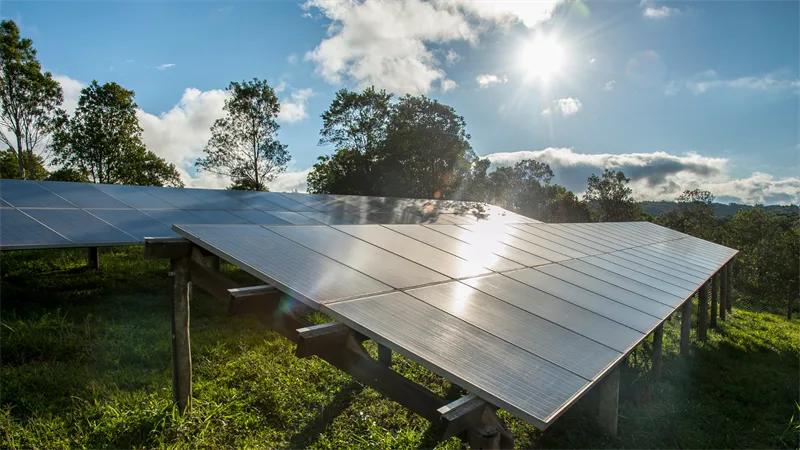In an era where sustainability is no longer optional, solar power emerges as a transformative force—especially for developing nations. With its potential to empower remote communities, boost economic development, and foster energy independence, solar energy is not just a green alternative—it’s a catalyst for progress.

In an era where sustainability is no longer optional, solar power emerges as a transformative force—especially for developing nations. With its potential to empower remote communities, boost economic development, and foster energy independence, solar energy is not just a green alternative—it’s a catalyst for progress.
Over 700 million people worldwide still lack access to electricity, the majority of whom live in rural areas of developing countries. Traditional grid expansion is often costly and time-consuming. Solar power, however, offers a decentralized, affordable solution. With off-grid solar systems and microgrids, entire villages can light up without waiting for national infrastructure to catch up.
The solar industry is labor-intensive, which means it has tremendous job-creating potential. From panel installation and maintenance to manufacturing and sales, the solar supply chain offers employment at every step. This is particularly vital in regions plagued by youth unemployment.
Moreover, solar-powered businesses (such as solar-powered irrigation or refrigeration for crops) can boost agriculture and local economies.
Developing nations often rely heavily on expensive diesel generators or imported fossil fuels, which are not only environmentally damaging but economically unsustainable. Solar power reduces this dependency and provides a stable, predictable energy source that can be harvested for free once the system is in place.
With reliable electricity, schools and training centers in remote areas can access modern teaching tools, online resources, and even remote learning platforms. This fosters a generation that is not just literate, but digitally empowered.
Innovation hubs and tech startups can also flourish in these areas when given access to consistent power, opening the door for local solutions to local problems.
Solar power can literally save lives. In many regions, health clinics lack consistent electricity, affecting everything from sterilizing equipment to running ventilators. Solar panels allow rural healthcare providers to operate 24/7, refrigerate medicines, and improve patient care significantly.
Many developing nations are the most vulnerable to the effects of climate change, despite contributing the least to the problem. By adopting solar energy, these countries can leapfrog over the polluting industrial model and develop cleanly, setting an example for a more responsible global energy future.